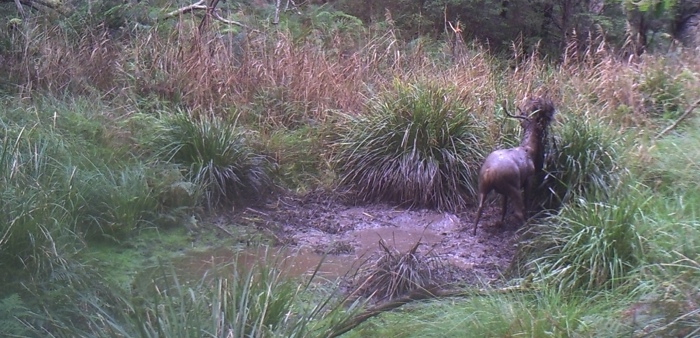
Containment: Feral deer
Thanks to the help of our supporters the Invasive Species Council has enjoyed a strong track record of triggering political action on feral deer.

Thanks to the help of our supporters the Invasive Species Council has enjoyed a strong track record of triggering political action on feral deer.
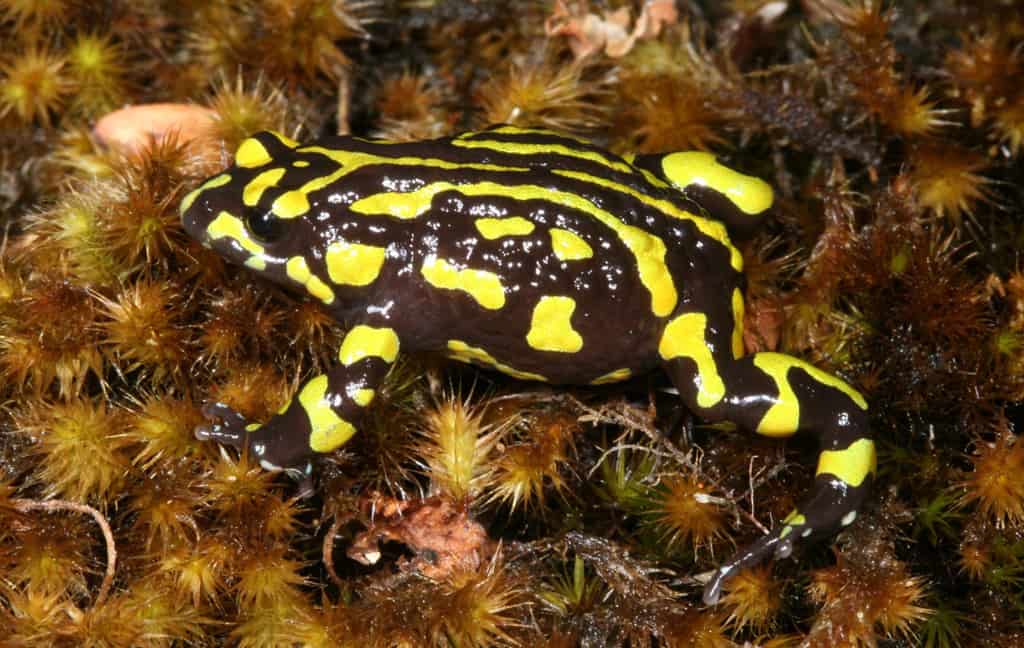
The final feral horse plan for Kosciuszko National Park promises a significant reduction in feral horses, but leaves one third of the park overrun by this damaging invasive animal.
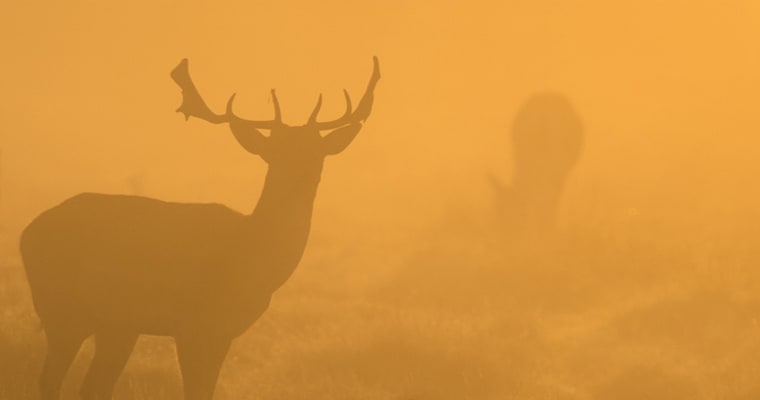
The Tasmanian Government must set clear, ambitious targets to rein in exploding numbers of the pest animals under its just-released draft wild deer plan.

Australian Academy of Science raises serious concerns over draft Kosciuszko horse management plan.

Lord Howe Island is a treasure trove of native species, but behind the postcard idyll is a battle to protect it from invasive rodents.

The NSW Government’s draft Kosciuszko feral horse plan has promised a significant reduction in feral horses in the park, but locks in damage to key areas.
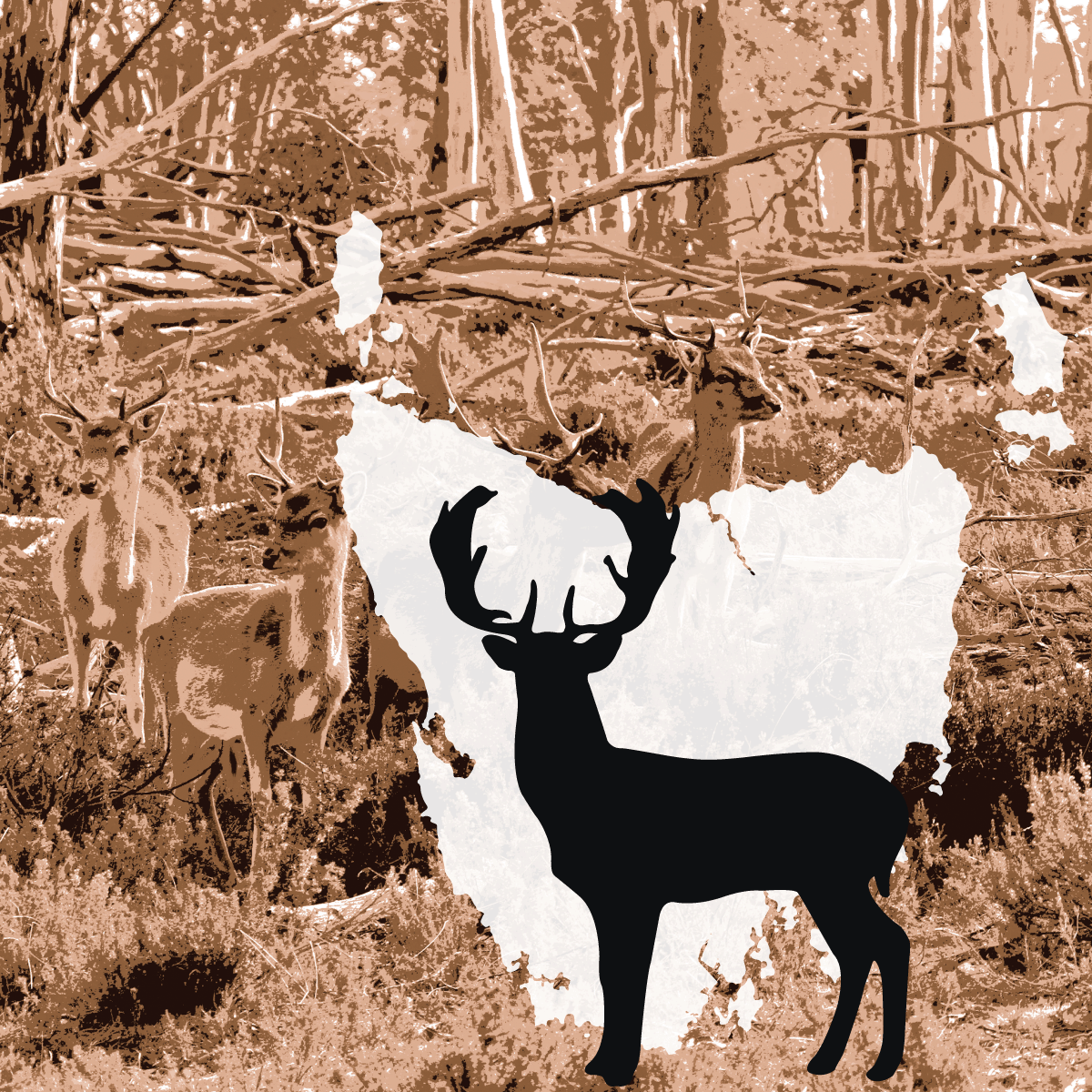
A review of Tasmania’s wildlife regulations is the perfect time to end the protected ‘wildlife’ status of feral deer.
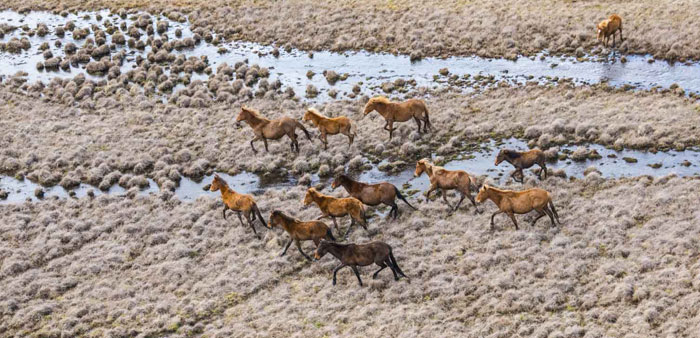
Freedom of information documents reveal feral horse numbers in Kosciuszko are spiralling out of control because of ineffective control measures.

Does the promise of a zero extinction target in NSW mean native wildlife will get the protection they deserve from the impacts of feral horses?

We are taking action to access key reports on the management of feral horses in Kosciuszko National Park.
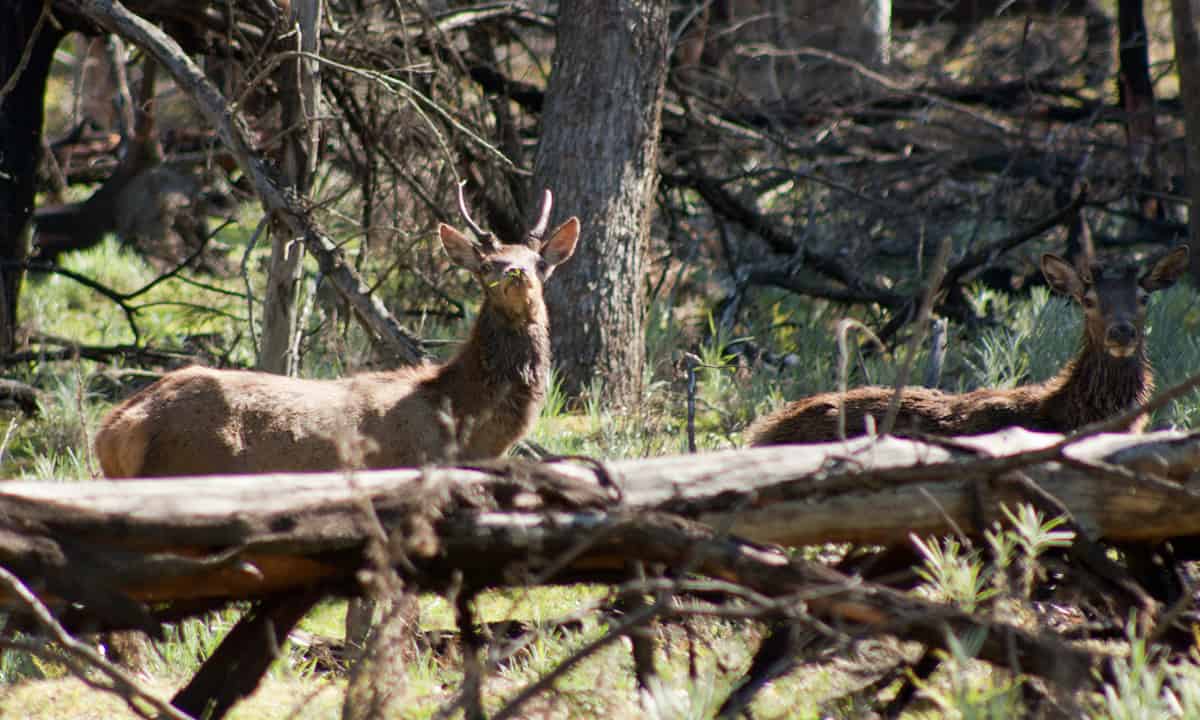
A new community force has been launched to help tackle growing impacts of feral deer in Victoria.

Federal environment minister set to take action that will reduce feral horses numbers in Kosciuszko National Park.
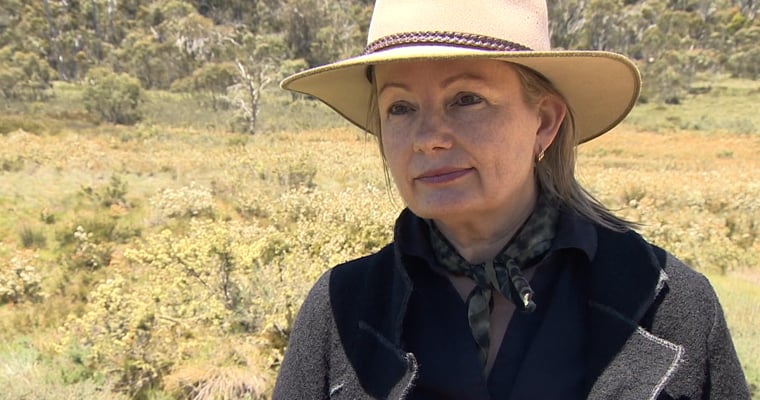
The Invasive Species Council backs environment minister’s desire to use federal laws to protect Kosciuszko National Park from feral horses.
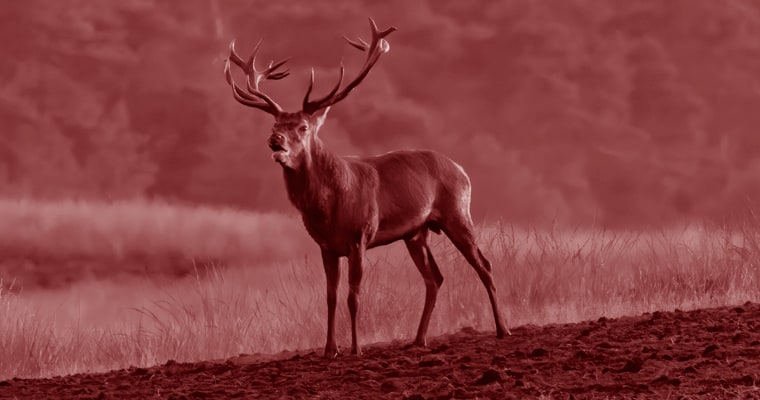
The Australian Senate has delivered a landmark report on the increasing impacts of feral deer, pigs and goats across the country and a roadmap for reform.
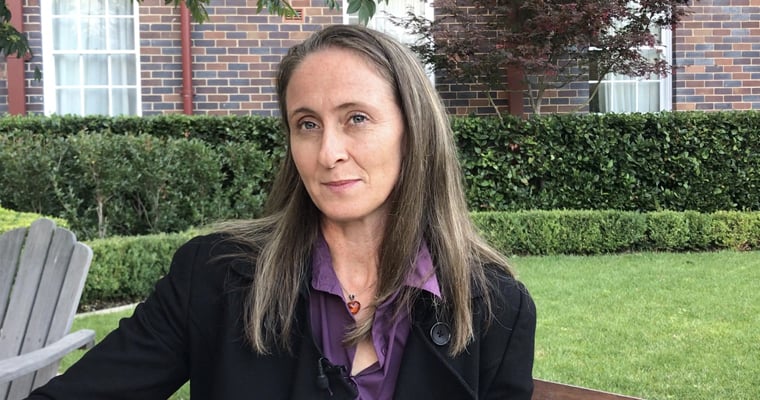
Dr Annelise Wiebkin is ready to tackle one of Australia’s worse emerging pest animal problems – feral deer.

Thanks to the help of our supporters the Invasive Species Council has enjoyed a strong track record of triggering political action on feral deer.

The final feral horse plan for Kosciuszko National Park promises a significant reduction in feral horses, but leaves one third of the park overrun by this damaging invasive animal.

The Tasmanian Government must set clear, ambitious targets to rein in exploding numbers of the pest animals under its just-released draft wild deer plan.

Australian Academy of Science raises serious concerns over draft Kosciuszko horse management plan.

Lord Howe Island is a treasure trove of native species, but behind the postcard idyll is a battle to protect it from invasive rodents.

The NSW Government’s draft Kosciuszko feral horse plan has promised a significant reduction in feral horses in the park, but locks in damage to key areas.

A review of Tasmania’s wildlife regulations is the perfect time to end the protected ‘wildlife’ status of feral deer.

Freedom of information documents reveal feral horse numbers in Kosciuszko are spiralling out of control because of ineffective control measures.

Does the promise of a zero extinction target in NSW mean native wildlife will get the protection they deserve from the impacts of feral horses?

We are taking action to access key reports on the management of feral horses in Kosciuszko National Park.

A new community force has been launched to help tackle growing impacts of feral deer in Victoria.

Federal environment minister set to take action that will reduce feral horses numbers in Kosciuszko National Park.

The Invasive Species Council backs environment minister’s desire to use federal laws to protect Kosciuszko National Park from feral horses.

The Australian Senate has delivered a landmark report on the increasing impacts of feral deer, pigs and goats across the country and a roadmap for reform.

Dr Annelise Wiebkin is ready to tackle one of Australia’s worse emerging pest animal problems – feral deer.

Thanks to the help of our supporters the Invasive Species Council has enjoyed a strong track record of triggering political action on feral deer.

The final feral horse plan for Kosciuszko National Park promises a significant reduction in feral horses, but leaves one third of the park overrun by this damaging invasive animal.

The Tasmanian Government must set clear, ambitious targets to rein in exploding numbers of the pest animals under its just-released draft wild deer plan.

Australian Academy of Science raises serious concerns over draft Kosciuszko horse management plan.

Lord Howe Island is a treasure trove of native species, but behind the postcard idyll is a battle to protect it from invasive rodents.

The NSW Government’s draft Kosciuszko feral horse plan has promised a significant reduction in feral horses in the park, but locks in damage to key areas.

A review of Tasmania’s wildlife regulations is the perfect time to end the protected ‘wildlife’ status of feral deer.

Freedom of information documents reveal feral horse numbers in Kosciuszko are spiralling out of control because of ineffective control measures.

Does the promise of a zero extinction target in NSW mean native wildlife will get the protection they deserve from the impacts of feral horses?

We are taking action to access key reports on the management of feral horses in Kosciuszko National Park.

A new community force has been launched to help tackle growing impacts of feral deer in Victoria.

Federal environment minister set to take action that will reduce feral horses numbers in Kosciuszko National Park.

The Invasive Species Council backs environment minister’s desire to use federal laws to protect Kosciuszko National Park from feral horses.

The Australian Senate has delivered a landmark report on the increasing impacts of feral deer, pigs and goats across the country and a roadmap for reform.

Dr Annelise Wiebkin is ready to tackle one of Australia’s worse emerging pest animal problems – feral deer.
Get our blog the Feral Herald delivered to your inbox.

The Invasive Species Council was formed in 2002 to seek stronger laws, policies and programs to protect nature from harmful pests, weeds and diseases.
The Invasive Species Council acknowledges the Traditional Custodians throughout Australia and their connections to land and sea. We pay our respect to their Elders past and present and extend that respect to all Aboriginal and Torres Strait Islander peoples today.
Our protected areas are being trashed, trampled, choked and polluted by an onslaught of invaders. Invasive species are already the overwhelming driver of our animal extinction rate, and are expected to cause 75 of the next 100 extinctions.
But you can help to turn this around and create a wildlife revival in Australia.
From numbats to night parrots, a tax-deductible donation today can help defend our wildlife against the threat of invasive weeds, predators, and diseases.
As the only national advocacy environment group dedicated to stopping this mega threat, your gift will make a big difference.
A silent crisis is unfolding across Australia. Every year, billions of native animals are hunted and killed by cats and foxes. Fire ants continue to spread and threaten human health. And the deadly strain of bird flu looms on the horizon. Your donation today will be used to put the invasive species threat in the media, make invasive species a government priority, ensure governments take rapid action to protect nature and our remarkable native wildlife from invasives-led extinction, death and destruction.
If you are having trouble submitting a form, please read this guide.
Please fill out the following form and one of our team will be in contact to assist as soon as possible. Please make sure to include any helpful information, such as the device you were using (computer, tablet or mobile phone) and if known, your browser (Mozilla Firefox, Chrome, Safari etc)
"*" indicates required fields
Dear Project Team,
[YOUR PERSONALISED MESSAGE WILL APPEAR HERE.]
I support the amendment to the Kosciuszko National Park Wild Horse Heritage Management Plan to allow our incredible National Parks staff to use aerial shooting as one method to rapidly reduce feral horse numbers. I want to see feral horse numbers urgently reduced in order to save the national park and our native wildlife that live there.
The current approach is not solving the problem. Feral horse numbers have rapidly increased in Kosciuszko National Park to around 18,000, a 30% jump in just the past 2 years. With the population so high, thousands of feral horses need to be removed annually to reduce numbers and stop our National Park becoming a horse paddock. Aerial shooting, undertaken humanely and safely by professionals using standard protocols, is the only way this can happen.
The government’s own management plan for feral horses states that ‘if undertaken in accordance with best practice, aerial shooting can have the lowest negative animal welfare impacts of all lethal control methods’.
This humane and effective practice is already used across Australia to manage hundreds of thousands of feral animals like horses, deer, pigs, and goats.
Trapping and rehoming of feral horses has been used in Kosciuszko National Park for well over a decade but has consistently failed to reduce the population, has delayed meaningful action and is expensive. There are too many feral horses in the Alps and not enough demand for rehoming for it to be relied upon for the reduction of the population.
Fertility control as a management tool is only effective for a small, geographically isolated, and accessible population of feral horses where the management outcome sought is to maintain the population at its current size. It is not a viable option to reduce the large and growing feral horse population in the vast and rugged terrain of Kosciuszko National Park.
Feral horses are trashing and trampling our sensitive alpine ecosystems and streams, causing the decline and extinction of native animals. The federal government’s Threatened Species Scientific Committee has stated that feral horses ‘may be the crucial factor that causes final extinction’ for 12 alpine species.
I recognise the sad reality that urgent and humane measures are necessary to urgently remove the horses or they will destroy the Snowies and the native wildlife that call the mountains home. I support a healthy national park where native species like the Corroboree Frog and Mountain Pygmy Possum can thrive.
Dear Project Team,
[YOUR PERSONALISED MESSAGE WILL APPEAR HERE.]
I support the amendment to the Kosciuszko National Park Wild Horse Heritage Management Plan to allow our incredible National Parks staff to use aerial shooting as one method to rapidly reduce feral horse numbers. I want to see feral horse numbers urgently reduced in order to save the national park and our native wildlife that live there.
The current approach is not solving the problem. Feral horse numbers have rapidly increased in Kosciuszko National Park to around 18,000, a 30% jump in just the past 2 years. With the population so high, thousands of feral horses need to be removed annually to reduce numbers and stop our National Park becoming a horse paddock. Aerial shooting, undertaken humanely and safely by professionals using standard protocols, is the only way this can happen.
The government’s own management plan for feral horses states that ‘if undertaken in accordance with best practice, aerial shooting can have the lowest negative animal welfare impacts of all lethal control methods’.
This humane and effective practice is already used across Australia to manage hundreds of thousands of feral animals like horses, deer, pigs, and goats.
Trapping and rehoming of feral horses has been used in Kosciuszko National Park for well over a decade but has consistently failed to reduce the population, has delayed meaningful action and is expensive. There are too many feral horses in the Alps and not enough demand for rehoming for it to be relied upon for the reduction of the population.
Fertility control as a management tool is only effective for a small, geographically isolated, and accessible population of feral horses where the management outcome sought is to maintain the population at its current size. It is not a viable option to reduce the large and growing feral horse population in the vast and rugged terrain of Kosciuszko National Park.
Feral horses are trashing and trampling our sensitive alpine ecosystems and streams, causing the decline and extinction of native animals. The federal government’s Threatened Species Scientific Committee has stated that feral horses ‘may be the crucial factor that causes final extinction’ for 12 alpine species.
I recognise the sad reality that urgent and humane measures are necessary to urgently remove the horses or they will destroy the Snowies and the native wildlife that call the mountains home. I support a healthy national park where native species like the Corroboree Frog and Mountain Pygmy Possum can thrive.